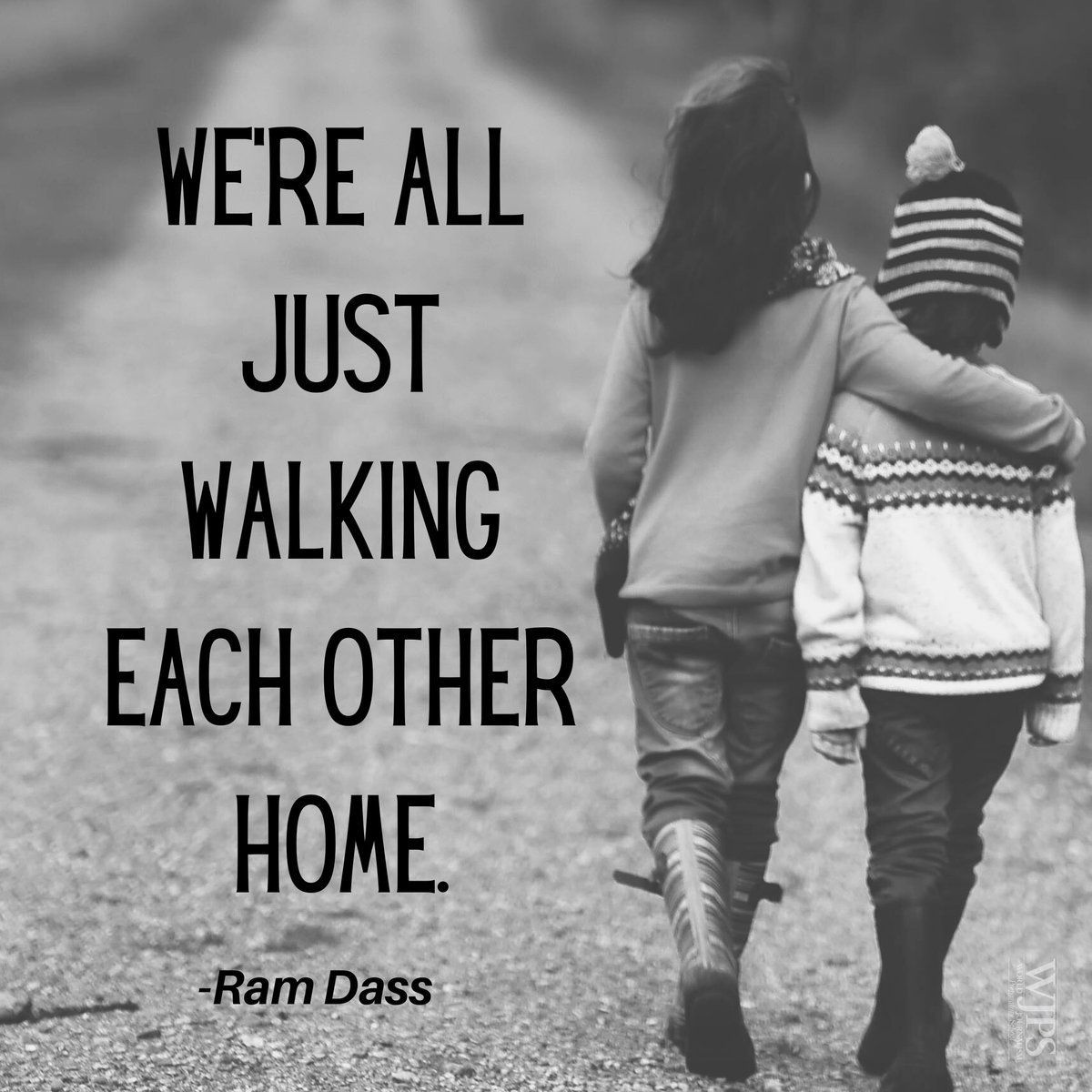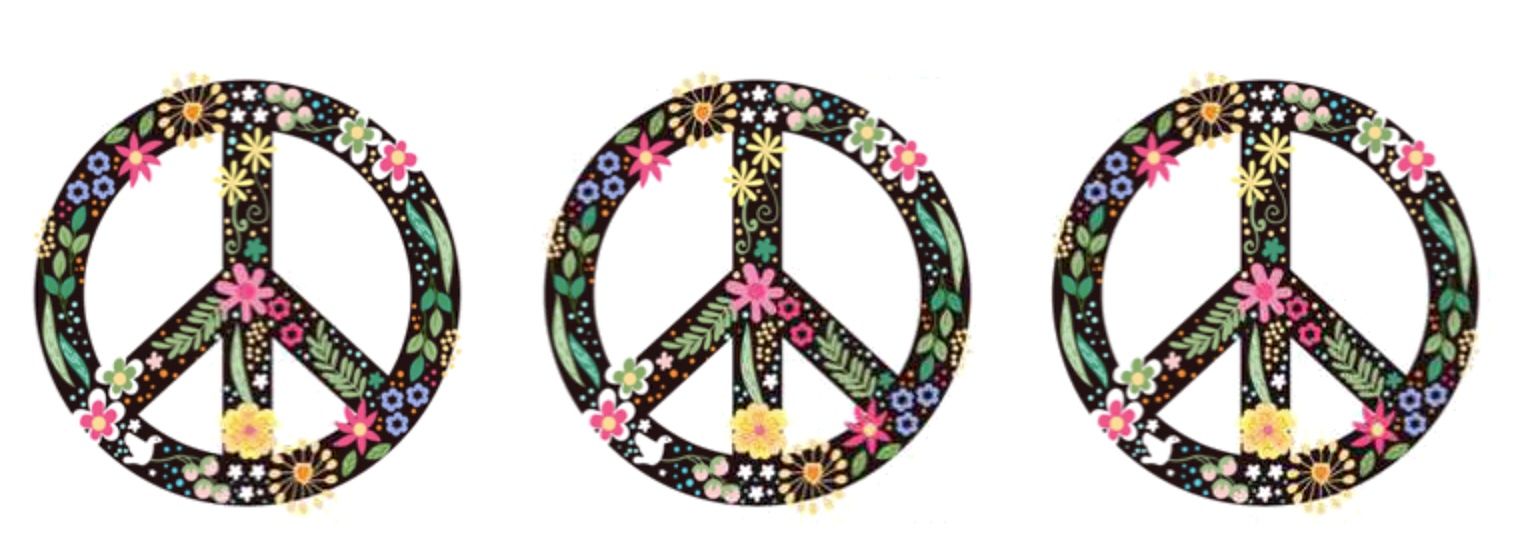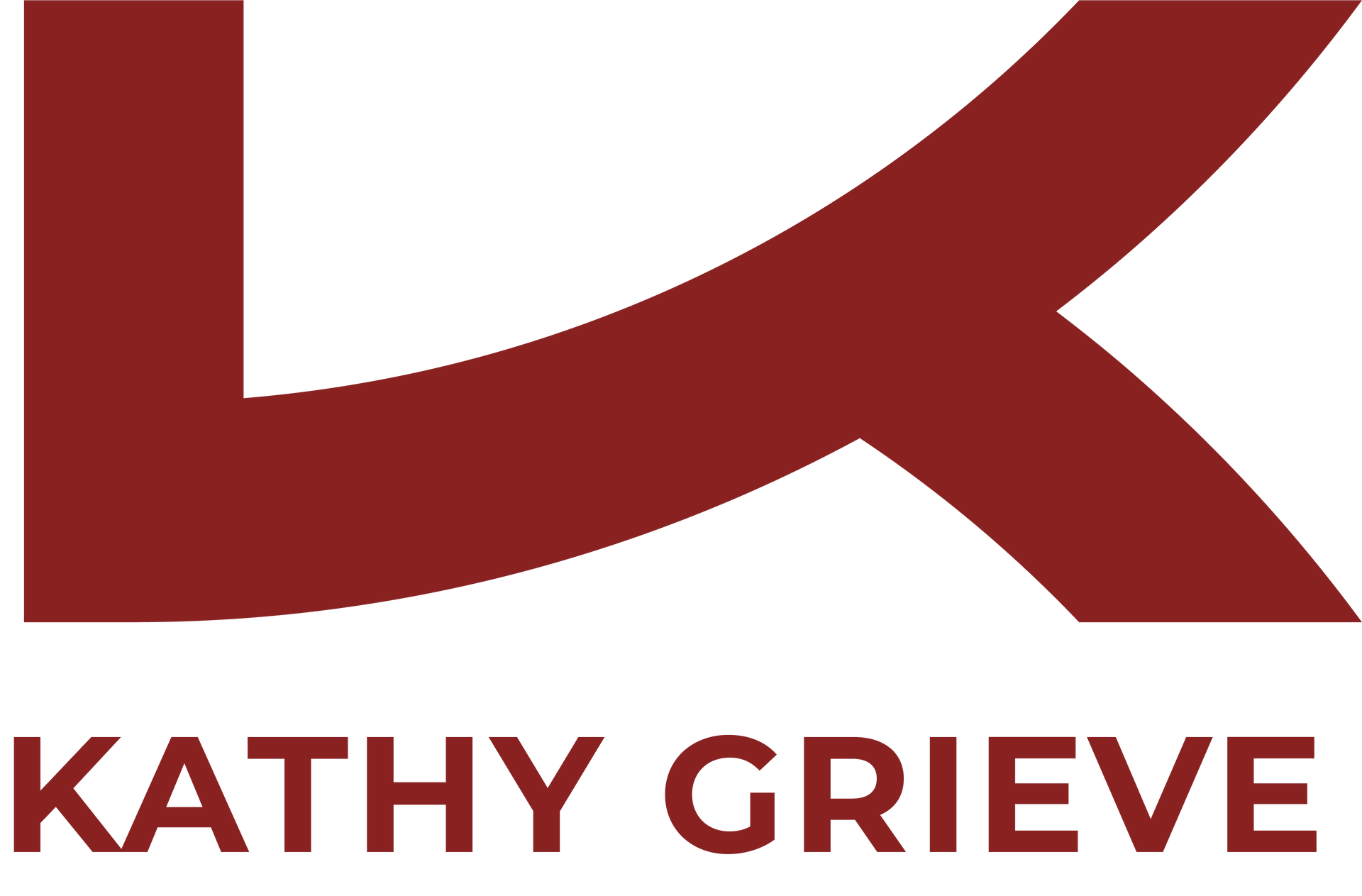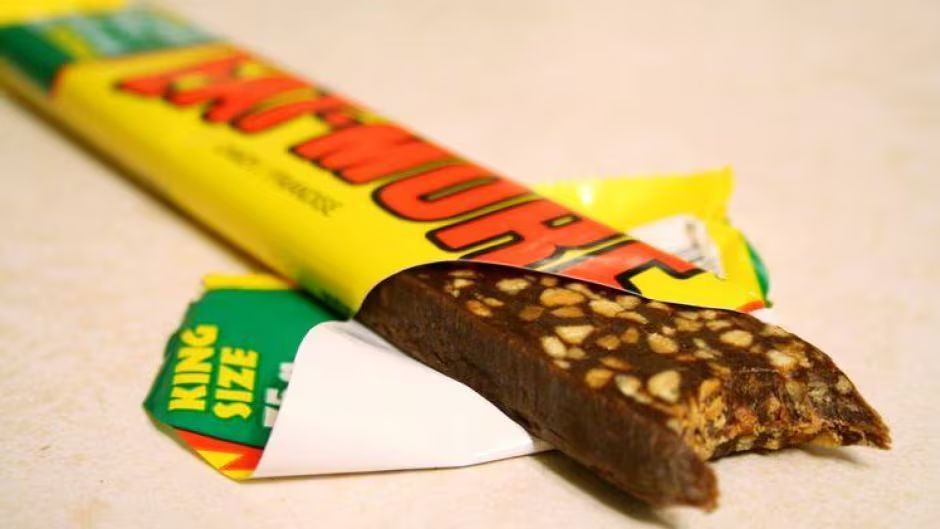
My maternal grandmother was named Josephine but everyone called her Josie. To me, my siblings and my cousins she was called “Grannie McGurran”. She was vivacious and assertive especially by stereotypical grandmother standards.
My grandfather Daniel McGurran was a US citizen born in North Dakota. Hearing about a Canadian offer of free farmland and never one to pass up a good economic opportunity he uprooted and headed to one of Canada’s western prairie provinces, Saskatchewan, to homestead. There he met my grandmother, a girl born in the Canadian maritime province of Nova Scotia. Saskatchewan is known for its harsh winters and exceedingly short summers. Farming certainly worked there but it was not the easiest of enterprises. It took true grit and strong determination to make a “go” of cultivating and harvesting prairie crops.
Josie married my grandfather Daniel when she was fifteen years old and he was thirty four. Shortly after tying the knot my grandmother became pregnant. As Grannie went into labor, my grandpa raced to fetch the local doctor some many miles away. Who knows how it happened? Either the baby came fast or my grandfather and the doctor were delayed. Nonetheless baby John arrived and Grannie gave birth alone at the tender age of sixteen.
At some point Grannie and Grandpa ended up living in Vancouver, British Columbia. My grandfather worked as a carpenter there and they lived near Hastings Street which today is an address you would be best to avoid.
For a short while my mother, father and I lived with my grandparents on a street just off Hastings. We were an extended family because my aging great grandparents, Josie’s mom and dad, lived in the two bedrooms on the upper level of the house. Grannie took care of them, cooking their meals and carrying trays of food and drink up and down the narrow stairs to where they lived. They were ghostlike to me as I saw and heard them rarely. My favourite aunt, Marie, also shared our house. She worked as a secretary downtown and around 5:30 each weekday I would anxiously sit on the porch in anticipation of seeing her round the corner of our street after she descended the streetcar she took to and from work. As soon as I spied her I would give a great cry “Auntie Ree ( as I affectionately called her) is home!”
At the time the Hastings Street district was populated by working class people that currently would be deemed a diverse population. My memories of that neighbourhood are good ones filled with fondness. Our next door neighbour was an Italian woman and she regularly offered me delicacies like light donuts that I later learned are called fritelle. She passed them over the short picket fence between our front yards and enthusiastically offered them to me in her mother tongue. As she handed me the sweets she rapidly spoke in Italian. I smiled broadly and nodded as I pretended to understand.
Another sentimental memory of that Vancouver community was Grandfather taking me for walks down Hastings to a small grocery store where he would buy me an Eat-More bar and pay for chewing tobacco for himself. We joked that my Eat-More candybar was chewing tobacco for young kids.
My grandfather would also regale me with old guy tricks. He had dentures and delighted in letting them drop from his upper palate and enticed me to try to mimic him. Despite trying with all my might I could not dislodge my tiny baby teeth.
Not all my recollections of living in Vancouver are tender. My grandfather died while my parents and I were living in that cozy but crowded Vancouver house. I certainly recall going to church or perhaps it was prayers at the funeral home. Grandpa McGurran was in an open casket and although he looked peaceful I clearly remember desperately wanting to wake him up. I believe it was my very first inkling that life was not everlasting.
After my grandfather’s death my parents and I moved to Winnipeg where my father took a new job with the Otis elevator company. We lived in a young community called Windsor Park near to my mother’s brother, John, where his wife and their eight children, my first cousins lived. Grannie would often visit us from Vancouver and shared her time between the two families.
Josie was quite young when she became a grandmother and the nomenclature “Grannie” was ill suited to her. When she came to stay in Winnipeg all of us kids would pile into our Ford Fairlane and go to the airport to greet her. Beautifully dressed, she would most often arrive in a well tailored suit and matching high heels. Her short hair was jet black and her trademark was deep red lipstick that she could expertly apply even without using a mirror. As she began to age she “supplemented” her dark tinted coif with a black synthetic wig she bought at the Kresge store or what she called the five and dime. Whether intentional or not, Grandma placed that hair piece off kilter with the part well off center and to the right. It drew laughs from the family and we will remember her as vain with a twist!
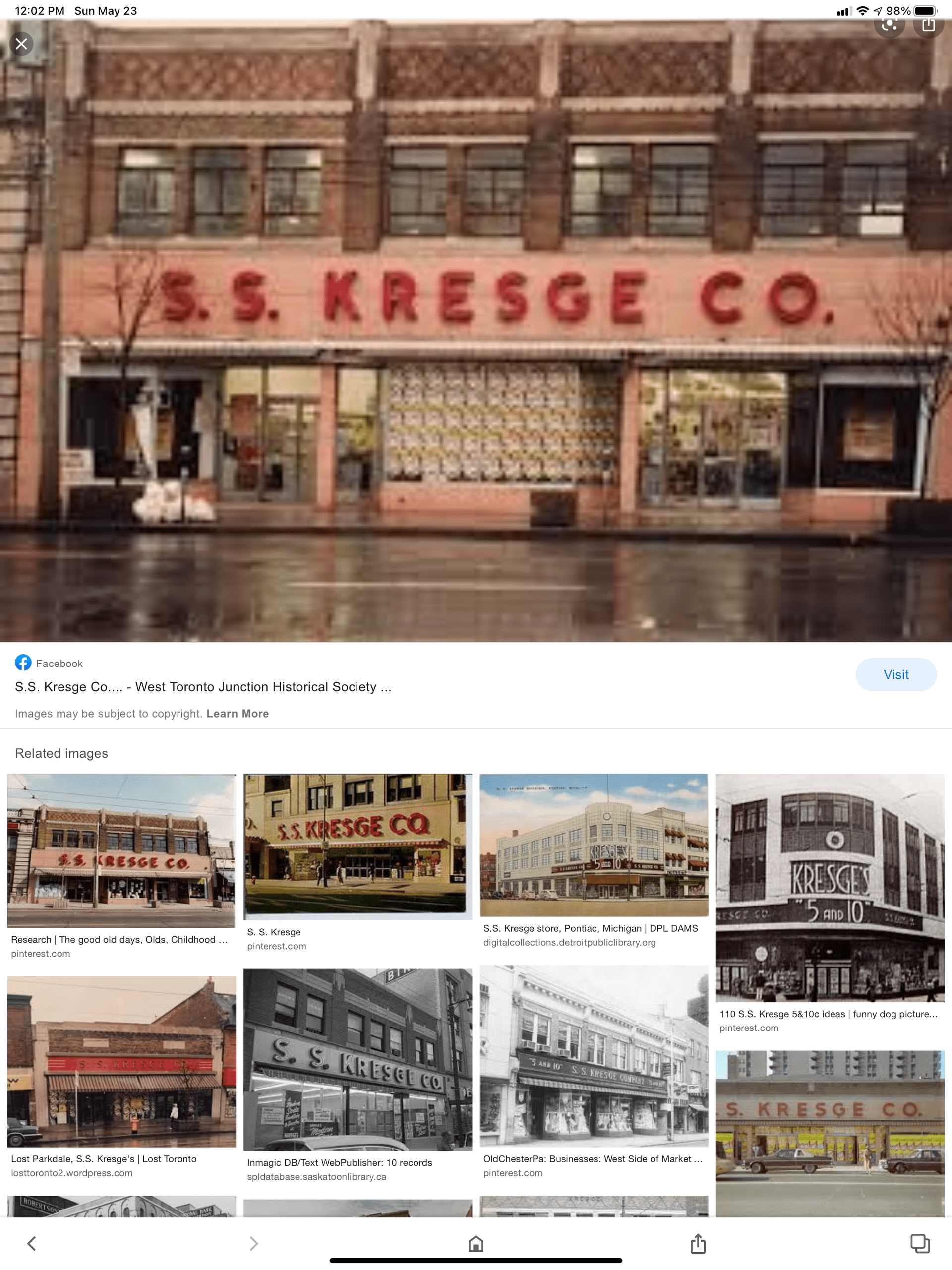
I was definitely convinced that I was Grannie McGurran’s favourite grandchild. Despite the fact that she had twenty-one grandchildren it seemed to me that I received the most attention and affection from her. When I shared this belief with my siblings and cousins I was shocked to learn that each of them claimed favored grandchild status. Now I realize Grannie was adept at loving generously and equitably.
As Josie entered her late 80s it became necessary for her to move into a long term care facility in a suburb of Vancouver. “Auntie Ree” and two of my cousins lived close by and regularly checked up on her so she continued to feel family love and support. My husband and I visited her there while on a west coast trip. As we entered her tiny room we spied her fast asleep on the single bed with her head propped up on two pillows. We could not help but smile as we noticed what lay beside her on the white pillows. The black synthetic hairpiece she relied on to keep up appearances was but three inches from her sleeping head!! Perhaps she purposefully positioned it there for easy access at a moment’s notice!
The COVID pandemic has wrecked havoc with many of our most vulnerable. In particular, long term care homes have been disproportionately affected by COVID. Here in Canada my sister, Margaret Ann-Gillis, is the Canadian head of an international organization that advocates for seniors. When the pandemic hit she was one of the first to publicly voice the horrors of many long term care facilities pre and post COVID. In her role as the president of the International Longevity Centre Canada she brought focus to the need to radically address the sorry state of facilities for the aging. Several people in one room sharing bathrooms, staff shortages and bad working conditions are unacceptable examples of challenges facing care facilities. The latest issue concerns the fact that many residents in care have been fully vaccinated yet are denied the opportunity to eat and recreate together.
My understanding of aging is shaped by my family experience not the least of which is witnessing my grandmother attentively caring for her parents in her own home. I was not taught to distance my elders but rather to feel a part of an extended family. Grannie McGurran was a person to be reckoned with who was not afraid to speak her mind. It well may be that her tenacity inspired my sister Margaret-Ann to determinedly advocate for older people.
My nature is to push back on the unpleasant aspects of aging. However : Aging is a privilege! Celebrate longevity!
“Do not go gentle into that good night. Rage rage against the dying of the light.” Dylan Thomas
Sassy Blog
